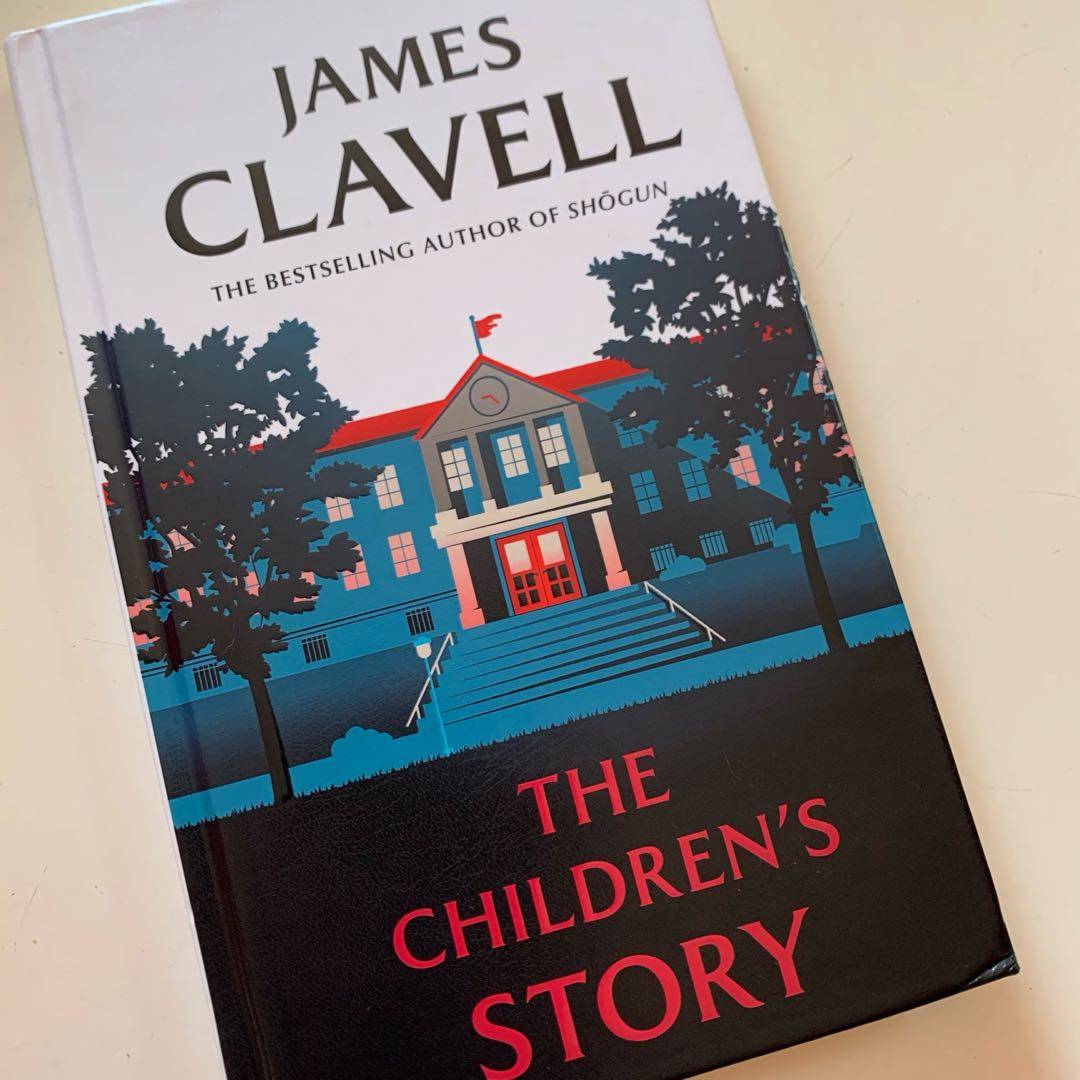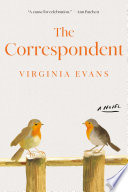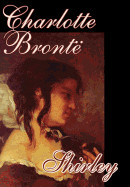
Written back in the mid-60‘s during the Cold War era, but still quite relevant today. Quite relevant indeed. It‘s a very short story about how easy it is to mold the thoughts of others, especially from a position of power. The reason I rated it as so-so instead of a pick is simply that it felt too short. Yes, it made its point, but I feel it could have been even more effective had it been fleshed out a bit more.












